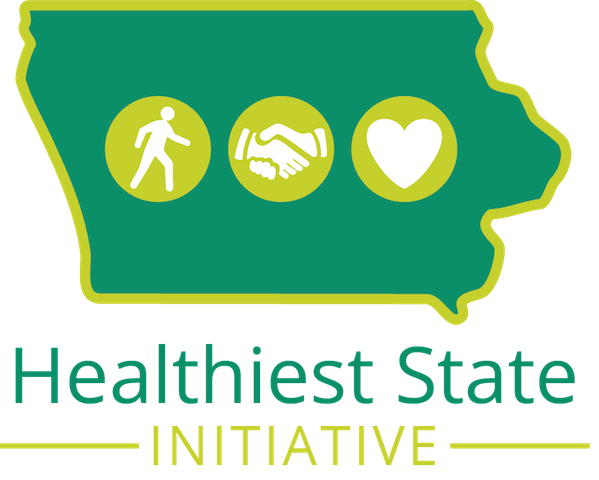Krys’ Story
Content warning: Suicide, self-harm
Krys Rankin first became aware of her various mental illnesses as a pre-teenager. It was a tumultuous period on her life: Rankin’s parents were going through an emotional divorce and she abused alcohol and self-harming as early as middle school. Her father in particular realized she was struggling and encouraged her to see a therapist.
That decision may have saved Rankin’s live.
“Had I not gone to a therapist, I think I would have tried to complete suicide much sooner,” Rankin said. “I’ve had a few suicide attempts in my life, and through therapy I learned that it’s not my fault. It’s not something where I chose to be this way. It’s a genuine chemical imbalance in my brain.”
By the time Rankin entered Roosevelt High School in 2005, she regularly attended therapy and took anti-depression medication. She began understanding more about her mental illnesses, which include depression, bipolar disorder, anxiety and post-traumatic stress disorder (PTSD), and how they manifested because of various factors out of her control.
On the outside looking in, Rankin has lived a relatively normal life despite these challenges. Rankin eventually graduated summa cum laude from Roosevelt High School. She attended Grand View University, studying secondary education and English, and became a special education teacher at Lincoln High School. Rankin is married and has a young daughter.
But throughout all of life’s successes, Rankin’s struggles have crept up in various ways. When in a depressive state, Rankin’s typical upbeat and bubbly attitude is replaced with thoughts of despair and pessimism.
“My depression turns into a lot of hopelessness,” Rankin said. “I can’t find the good in anything, and everything is miserable. I don’t want to get out of bed. Everything is a chore. It takes so much to get myself anywhere. Even today, my husband can tell when I’m in a real funk because I just don’t talk as much.”
Her anxiety takes her down another path. She talks fast, overthinks and becomes indecisive — “I just get irritable,” Rankin said.
“Nobody wants to feel that way every day, day in and day out. I can’t imagine not having had gone to therapy and not having those resources because I wouldn’t be here.”
Without therapy, she wouldn’t have the coping mechanisms and understanding of mental illness she does today.
“[Dealing with mental illness] was just so frustrating to me,” Rankin said. “I didn’t want to be like this anymore. I didn’t want to be sad. I didn’t want to be anxious. I wanted to go out and enjoy things the way people do and have healthy relationships and not be so paranoid. I think talking through therapy was huge for me. I learned this is a different part of me, and it didn’t have to define me.”
Now 30, Rankin has become more transparent about her battle with mental illness. She still has bad days, but thanks to medication and therapy, she’s been able to learn positive responses. As a teacher, she helps unravel the stigma that still exists around mental illness. If she sees a student struggling, Rankin is one of the first people to help.
“Go get help and don’t keep it to yourself,” Rankin said. “That’s one thing that kills me when I see my students, and they’ll think that it’s just going to get better with time. Nobody wants to feel that way every day, day in and day out. I can’t imagine not having had gone to therapy and not having those resources because I wouldn’t be here.”



